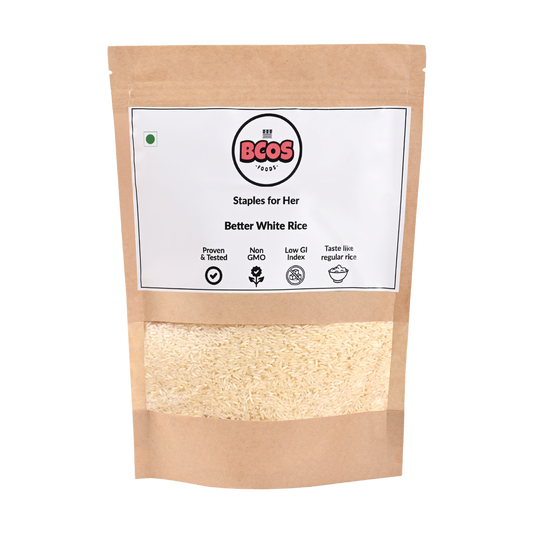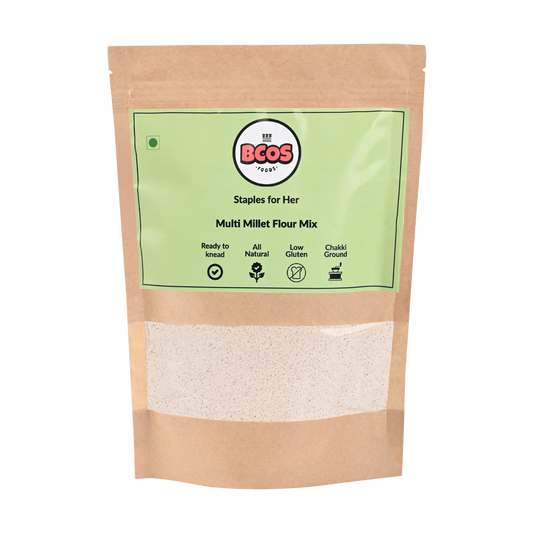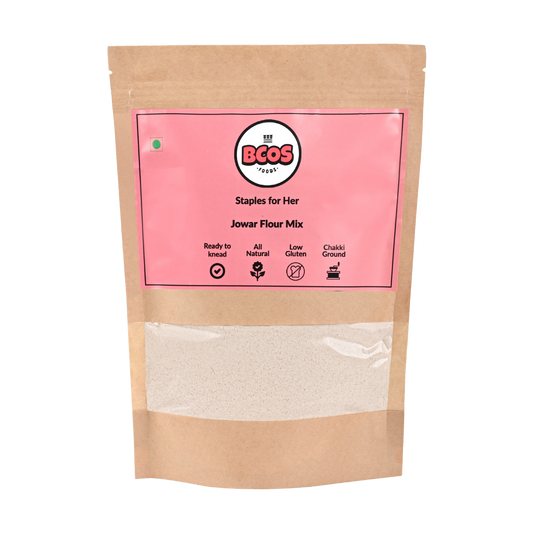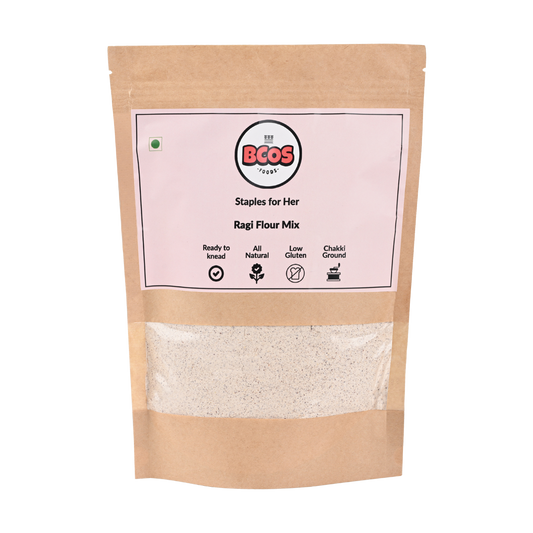The 28-Day Myth and When to Worry
Menstrual cycles don’t always run like clockwork. While some women get their periods right on schedule every 28 days, other women are left guessing. Some might skip a month altogether; others might vary from cycle to cycle.
Generally, a menstrual cycle lasts around 28 days. However, there is a wide range of what is considered to be “normal” when talking about the menstrual cycle. So, it’s nothing to worry about if yours regularly lasts a few days longer or shorter. That said, irregular periods, when your cycle routinely comes and goes at unexpected times, can be a signal that something in your body is not quite right. For example, irregular periods can be an early sign of potential fertility problems.
Knowing how to tell if your periods are irregular will help you understand your body better. Regular periods stay the same length month after month. Your cycle may be irregular, for example, if it shifts from 28 days to 31 days to 25 days. It might be shorter or longer than what’s typical. You may have no bleeding or excessive bleeding. Often, the term “irregular” may refer to a change in what’s normal for you.
What Makes a Period Irregular?
You can find out whether your periods are regular or irregular by charting how long your menstrual cycles are. You can determine your menstrual cycle length by counting from day 1 of your period to day 1 of the next period. Day 1 is traditionally the first day of actual flow. It’s normal to have cycles between 21 and 35 days.
According to the American College of Obstetricians and Gynecologists (ACOG), your period is irregular if it tends to come more frequently than every 21 days or less often than every 35 days. If your cycle length falls in the normal range but varies by seven to nine days from cycle to cycle, that’s a sign of an irregular period, too.
For example, if one cycle is 25 days and the next is 33 days, your cycles would be considered irregular (even though a 25- or 33-day cycle is otherwise normal). If your cycle is always between 25 and 35 days and fluctuates by just a few days—maybe 33 days one month and 35 days the next—that’s not usually cause for concern.
28-Day Myth
It’s a common belief that your menstrual cycle should be 28 days. The truth is, 28 days is a rough average of how long people’s menstrual cycles tend to be. Data collected from a menstrual cycle tracking app found that the average cycle length is actually a little longer at 29.3 days.
Other Period Irregularities
Shorter or longer than normal cycles are not the only red flags that your period is irregular. It’s important to pay attention to these other signs that something may be off with your health or your hormones.
Too-Light Bleeding
Bleeding very little or not bleeding at all (known as amenorrhea) with each menstrual cycle is atypical. Light or absent bleeding can result from being very underweight or very overweight.
If you are overweight, losing weight might help make your periods more regular. If you are underweight, gaining weight can help restore and regulate your menstrual cycle. (Slow and steady weight change is the healthiest way to get there.)
Mid-Cycle Spotting
Hormones are often the cause of spotting between periods. Your hormones could be affected by your birth control medication, fertility drugs, or a thyroid disorder. Fibroids and polyps in your reproductive tract can also lead to regular spotting.
Too-Heavy or Extended Bleeding
Bleeding that soaks through one or more tampon or pad every hour for several hours in a row or contains clots that are as big as a quarter or larger is abnormal, according to ACOG. So is a period that lasts more than seven days.
Excessive bleeding, or menorrhagia, is a common concern, affecting up to one-third of people who get a period. Though common, you should see a gynecologist to discuss it, even if you’ve “learned to live with it.” Heavy periods can be a sign of a fertility issue or a health problem, including PCOS, fibroids, polyps, or endometriosis.
Severe Cramps
You shouldn’t ignore really bad period pain, also known as dysmenorrhea. Conditions that could affect your fertility and overall health could be to blame, including fibroids, endometriosis, or PCOS(Polycystic Ovarian Syndrome).
Reasons for Irregular Periods
There are many factors that can influence your menstrual cycle and cause you to periodically experience an irregular period, such as your cycle changing from 28 to 31 days. An extremely stressful event, illness, intensive exercise, or even a big trip—especially if your sleep pattern is disrupted—can alter your cycle, cause you to miss a period, or have spotting. However, if your cycle goes back to normal the next month, occasional irregularity is unlikely to be a cause for concern.
You can also have an abnormal cycle or bleeding if you are breastfeeding, pregnant or having a miscarriage.
A dramatic change in your activity patterns or weight can affect your menstrual cycle, too. Excessive exercise and rapid weight loss can lead to irregular or even absent periods. This is common in athletes, but should not be ignored, especially if you are hoping to conceive in the near future.
Most people know what their typical cycle is like. Any persistent or concerning changes to your period norm may warrant a visit to the gynecologist. Talk to a doctor if you are worried about any aspect of your menstrual cycle or have questions about your period, fertility, or reproductive health.
A Word From BCOS Foods
If you notice that your periods are irregular, it’s something to talk to a doctor about. Irregular cycles are sometimes a sign of hormone imbalances, health issues, or a problem with ovulation. The good news is, many reproductive problems can be helped with medications, certain procedures, or even some simple lifestyle changes including eating habits.
You can promote hormonal balance and improve reroductive health naturally by eating wholesome foods that are low in glycemic index and gluten, & rich in protein, healthy fats, and fibre.
BCOS Foods’ ready-to-knead flour mixes are rich in protein, calcium, and fibre, and promote hormonal health. Checkout our tasty millet flour staples to take control of your reproductive health today!





